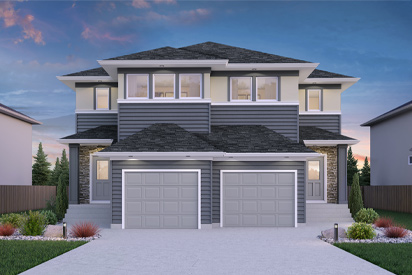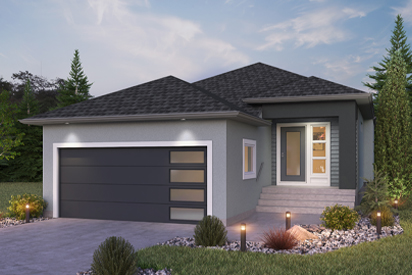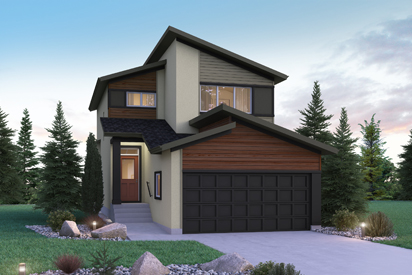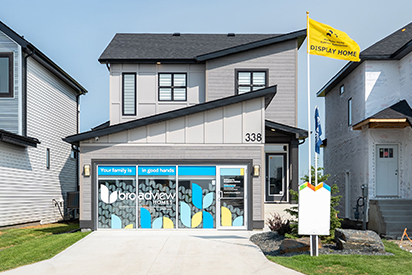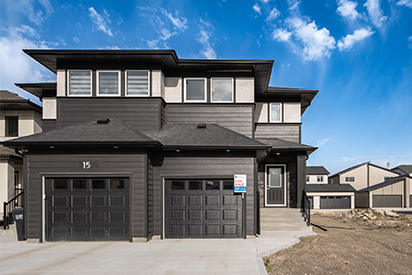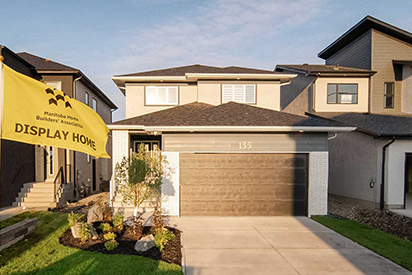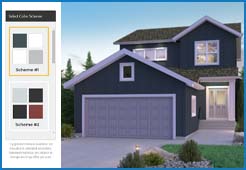Is Renting or Buying a Better Option for You?
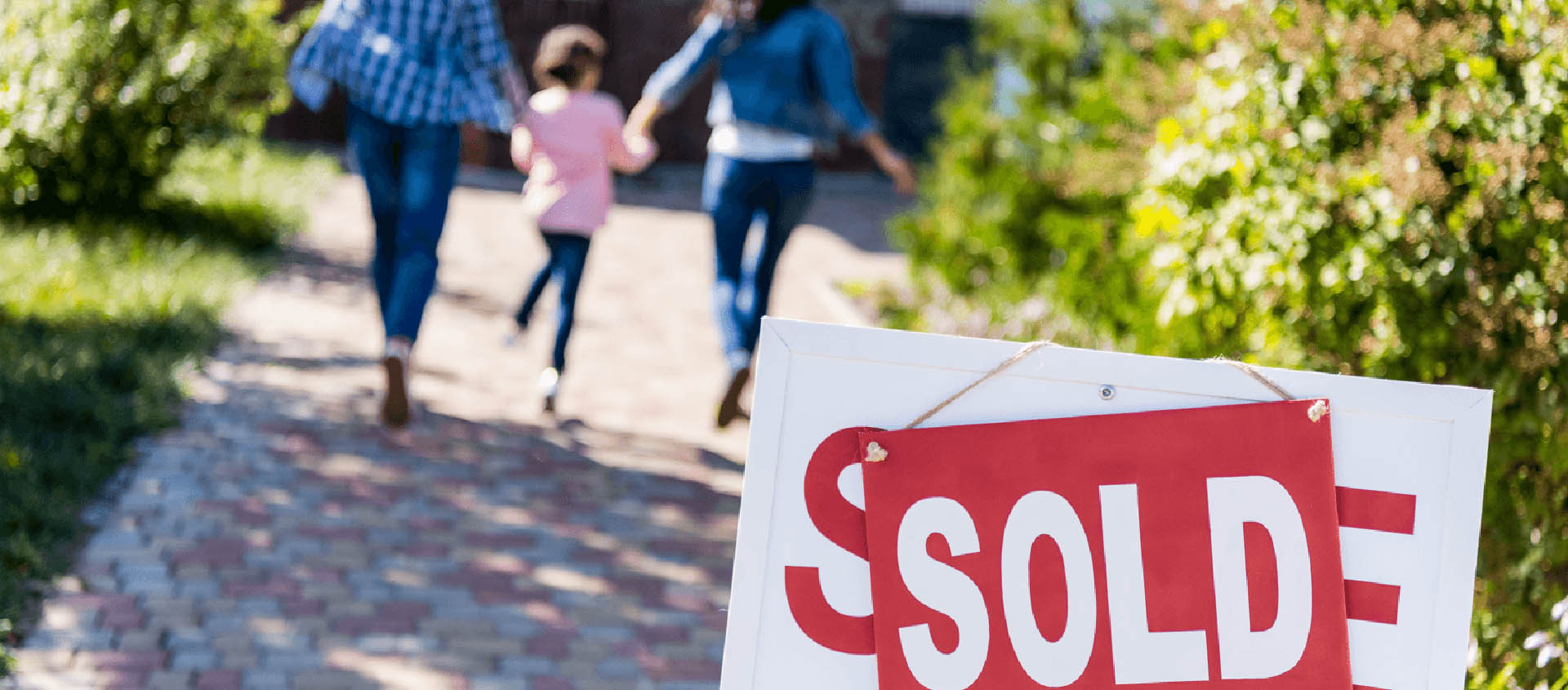
 Whether you’ve been renting an apartment for years or are living in your parents’ basement, there comes a time when you start to think about buying your own home. Maybe you need more space. Maybe you’re sick of throwing money away on rent. Whatever the reasons, it's time to take a close look at your options and decide if you're ready for homeownership.
Whether you’ve been renting an apartment for years or are living in your parents’ basement, there comes a time when you start to think about buying your own home. Maybe you need more space. Maybe you’re sick of throwing money away on rent. Whatever the reasons, it's time to take a close look at your options and decide if you're ready for homeownership.
Buying a home is a big decision, and you need to be completely ready to take the leap. We’ve put together a few questions to ask yourself to help determine whether buying or renting is right for you.
What Stage of Life Are You In?
People often think about buying a home once they hit certain milestones - their first job, getting married or having a child. Perhaps unsurprisingly, these may not be the best times to go home shopping. That being said, only you know what you're comfortable with. There is often never a 'right time' as your relationship grows and you become busier with family life. A new home can give you all the space you need now and well into the future.
At the same time, those looking to buy a home should also be able to find one that meets the needs for their stage of life. For instance, young professionals sometimes purchase new homes with a secondary suite so that they can rent out the space, making homeownership more affordable while they start building equity. This way, they don't have to waste time renting and can enjoy the benefits of homeownership right now.

Are You Financially Ready?
The most important thing to think about is whether or not you’re financially ready to buy a home. Check out some of the prices for the type of home you think you want. Use a mortgage calculator to see what your monthly payment might be, but don’t forget to include the property taxes and homeowners’ insurance premiums that will be included in your full monthly payment.
You’ll also need to have a sizeable down payment - at least 5 percent, though many recommend having 20 percent to avoid the additional cost of private mortgage insurance. There are lots of ways to save or borrow this money, but before you start, make sure you are able to handle the extra financial responsibility.
If you think that you’re ready to buy a home, it’s time to go to a bank to see what they have to say. By applying for mortgage pre-approval, you’ll be able to see how much money the bank is willing to loan you. If it’s enough to buy the type of home you want, then it's time to start looking!
Do You Have a Financial Cushion?
The down payment isn't the only money you'll need to find when you buy your first home, so you'll need to make sure you have a little extra money set aside. Once you make your down payment and pay the closing costs on the home (generally speaking, this will be around 3-4% of the cost of the home), you’ll still have to pay for your moving costs, buy a few new things for your house, and possibly make some repairs or changes to the place if you’re buying a resale home.
You don’t have to worry as much about things breaking when you buy a brand-new home, but it’s still smart to have a good financial cushion set aside to cover unexpected costs, whatever they may be.

What Are Your Long-Term Goals?
While it may seem a little daunting at first, if your goal is long-term financial stability then owning rather than renting a home is probably a better option. With a fixed-rate mortgage you'll know exactly how much your monthly payments will be, so you won't have to ever face an unexpected increase in rent. You'll also know that you're paying off your own equity rather than someone else's and that as time goes on, you'll have more and more of an investment to draw on if you need it.
Are You Looking to Put Down Roots?
The general advice is that you need to live in a home for at least five years before you’ll be in a position to break even if you want to move. Your first few years of mortgage payments will go primarily toward interest, so if you want to put down roots in a new Winnipeg community, buying new is the way to go.
Ultimately, everyone needs to look at some examples that match their personal situation. Calculate how much it will cost you to own the home that you want. Don’t forget to factor in the extra money you’ll need for unexpected costs or the time you’ll have to spend on exterior maintenance like landscaping or snow plowing. Owning a home is a great accomplishment, and many people see it as a goal to work towards. You can build start building equity, invest in your future, and settle down in a new neighbourhood you love coming home to every day.




